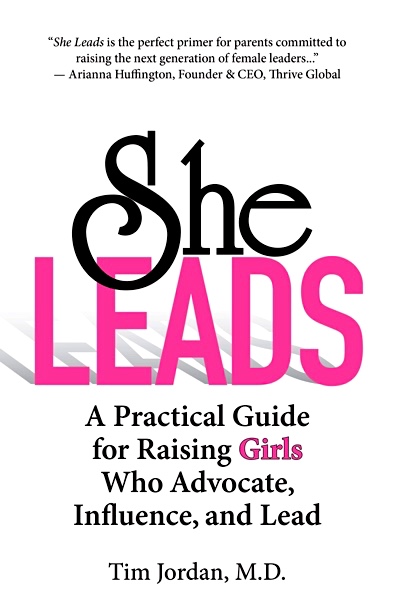Empathy is a crucial quality for effective leaders and yet seems to be in short supply these days. Empathetic people are aware of other people’s feelings and in a sense ‘feel their feelings’ without judgment. They have the ability to get in other people’s shoes and experience the world from their perspective. Brené Brown defines it as “feeling with people,” and notes that it’s a “vulnerable choice” because it requires a person to tap into something personal that identifies with the struggle of another. Empathy tells the other that I see you, I feel you, and I understand you.
Empathetic people are generally happier, healthier and more effective at work. It also engenders courage. One study found that participants with higher levels of empathy were more likely to engage in assertive bystander behavior by being willing to stand up to a bully on behalf of someone outside their peer group. There is a clear correlation between empathy and altruistic behavior; helpers simply can not stand by and see others suffer.
People with empathy have stronger interpersonal connections and are more eager to collaborate, effectively negotiate, demonstrate compassion, and offer support. They are also more willing to work with others to solve larger problems, what Greg Satell calls cognitive collaboration. All of these qualities are essential for effective leaders.
Despite the numerous benefits, some evidence shows that empathy has declined by as much as 75% in the US over the past 30 years. Our children are spectators to adults behaving disrespectfully in politics, sports, and even parents in the stands at youth sporting events. Stress has been shown to inhibit people’s empathy, and we know that the levels of stress and overwhelm has risen for kids and adults in our culture. A 1970’s study showed that after writing a sermon on the good Samaritan, only 10% of seminary students who had been told to rush to deliver the sermon stopped to help an actor who posed as a person in need vs. 60-70% of non-rushed students. Stressed and hurried people become more focused on themselves and less in tune to the needs of others.
Let me offer you a few ways to help kids develop more empathy. One is to encourage your children to get into the shoes of other people and see things from their perspective. This would include friends or siblings they are in conflict with. When they make a mistake, have them become aware of how their actions affected other people. Instead of criticizing leaders like teachers, principals, coaches, or elected officials, have them get into the leader’s shoes and come up with solutions to problems. This will increase their empathy, problem-solving ability, and the courage to be a leader. Researchers have shown that reading fiction promotes empathy. Children’s book author and illustrator Anne Dewdney echoes that finding when she argues that, “When we open a book, and share our voice and imagination with a child, that child learns to see the world through someone else’s eyes.”
Children become more generous after their character has been praised rather than their actions. Commending character might sound like, “I can see that you are the kind of person who notices when other kids need help” or “I love how you are the kind of person who likes to help others whenever you can.” I believe the same holds true for generosity’s cousin, empathy. Praising their character helps kids internalize it as part of their identities and motivates them to earn it.
As I wrote in my new book, She Leads: A Practical Guide for Raising Girls Who Advocate, Influence, and Lead, powerful, effective leaders need to have high levels of empathy. Use the above-mentioned tools to support the development of empathy in your daughters and watch as they change themselves, their schools, and the world.
Want to learn more about raising empathetic leaders? Catch Dr. Jordan’s new book: She Leads: A Practical Guide for Raising Girls Who Advocate, Influence, and Lead; arrives first week of march
